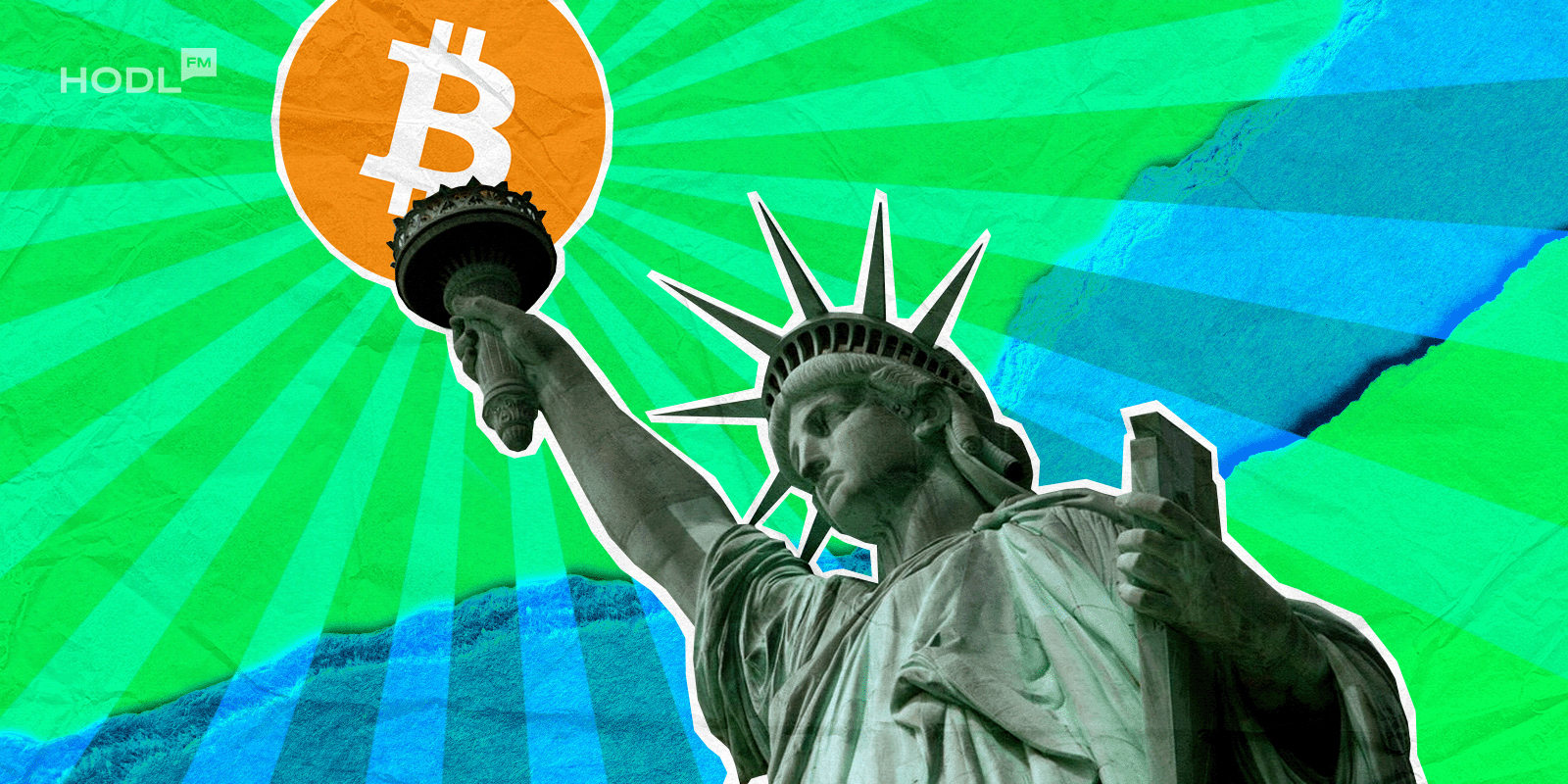State treasuries and Bitcoin holdings are among the top topics in the US financial world right now. Cynthia Lummis said that the state-level adopting Bitcoin reserve overtook the federal-level. For now, half of American states are considering taking bitcoin in reserve.
In this article, you will know which states rejected this idea, which failed the law one step away before it was passed, and which have several bills in place.
Overview of State-Level Bitcoin Reserves
More than 20 states are adopting Bitcoin as a reserve asset. 2 are in the final stage, and 18 are still considering it. 6 – worked on this idea and rejected it. In 7 states, lawmakers aim to buy bitcoin directly, not alts; in 2, consider buying bitcoin and maybe alts.
The main problem for states is where to take funds from. They try not to use funds from their citizens in the form of taxpayers' money. Instead, it can be state-backed Bitcoin investments, for pensions, funds for rainy days, confiscated bitcoins. Also, states have different approaches to how to manage state treasuries and Bitcoin holdings, what bodies are responsible for admitting laws, and what amount of funds they are ready to appropriate.
Key States Leading the Initiative
For now, Arizona and Texas are among the leaders among states considering Bitcoin as a reserve. Interestingly, they both have several bills that consider crypto reserves.
🇺🇸 STATE OF TEXAS TO BUY UPTO $500 MILLION IN #BITCOIN EVERY YEAR 🤯
— Vivek⚡️ (@Vivek4real_) February 8, 2025
NO ONE IS BULLISH ENOUGH 🚀 pic.twitter.com/9vfVoCgK6E
Arizona's lawmakers created even two bills, and they both passed the third reading in Arizona's Senate and will headed to the House of Representatives. The first one implies using seized digital money and appropriate funds. Also, the treasurer can't invest more than 10% of all funds for this.
The second Arizona Bitcoin investment proposal aims to invest public funds in crypto assets.
Texas has taken an even more creative approach because it has shown three bills. The first Texas Bitcoin reserve bill, HB 1598, implies that state controllers are responsible for creating Bitcoin reserves. Moreover, Bitcoins can't sold for 5 years. The sources of funding are governmental entities and donations from Texas citizens. For now, this bill is under consideration.
The second bill, SB-21, was proposed by Senator Charles Schwertner. It says not to invest more than 1% of the state's general revenue for this. For now, only the governor has to sign the bill to make it passed into law.
Unexpectedly, Ron Reynolds proposed in bill HB 4258 that the sum that could be invested in Bitcoin be reduced to 250 million. It encourages the allocation of up to 250 million dollars from the state's economic stabilization fund for Bitcoin and other digital assets.
Other States Considering Proposals
Among states that are working on the initiative are Alabama, Arizona, Florida, Georgia, Illinois, Iowa, Kansas, Kentucky, Maryland, Massachusetts, Michigan, Missouri, New Hampshire, New Mexico, North Carolina, Ohio, Oklahoma, Texas, and West Virginia. As everything moves so fast, here you can watch all the changes in admitting bills across all states.
In Oklahoma, lawmakers made a bill that proposed investing up to 10% of public funds in Bitcoin or other digital assets. For now, it's already passed a House committee.
Until recently, 5 states rejected the idea of a Bitcoin reserve. They are Montana, South Dakota, North Dakota, Pennsylvania, and Wyoming. But in the last few days, the former leader of the Bitcoin reserve unexpectedly joined them – Utah.
Utah dropped out of the state to be the first to accept Bitcoin reserves just before the very end. This bill contained a key clause: "to invest up to 5% of digital assets with a market cap above $500 billion over the last calendar year in five state accounts". That clause was accepted during the first hearing but rejected during the second and third.
For now, the bill contains only:
provides Utah citizens with basic custody protections, the right to mine Bitcoin, run a node and participate in staking, among other things.
So, it's accepted but not like a reserve. To make it law, only one signature is missing.
Potential Impact on State Economies
The impact of state-level Bitcoin adoption 2025 on local economies will be enormous. Most states consider Bitcoin as a hedge for state funds. Bitcoin reserves for state governments can strengthen their economies and even replenish their budgets through cryptocurrency mechanisms.
As US lawmakers on Bitcoin reserves say themselves, Bitcoin reserves for state governments will help them from inflation and give them financial stability. As stated in Texas bill SB-21, Bitcoin and other cryptocurrencies are hedges against inflation and economic volatility, aiming to enhance financial security for Texas residents. Byron Donalds, a lawmaker from Florida, also sees Bitcoin safeguarding from federal monetary policy:
With Congress failing to rein in spending, having a Bitcoin reserve as part of Florida's portfolio could provide long-term value.
If we say in general about all country – the US, accepting legislation for Bitcoin reserves will make it a leader worldwide and drag additional investment. However, among the risks is that it can be used as a political tool and create the need to develop additional regulations for the banking system.
The future of Bitcoin in US state finance is growing with great force. This is an irreversible process that cannot be stopped.

Disclaimer: All materials on this site are for informational purposes only. None of the material should be interpreted as investment advice. Please note that despite the nature of much of the material created and hosted on this website, HODL FM is not a financial reference resource and the opinions of authors and other contributors are their own and should not be taken as financial advice. If you require advice of this sort, HODL FM strongly recommends contacting a qualified industry professional.




